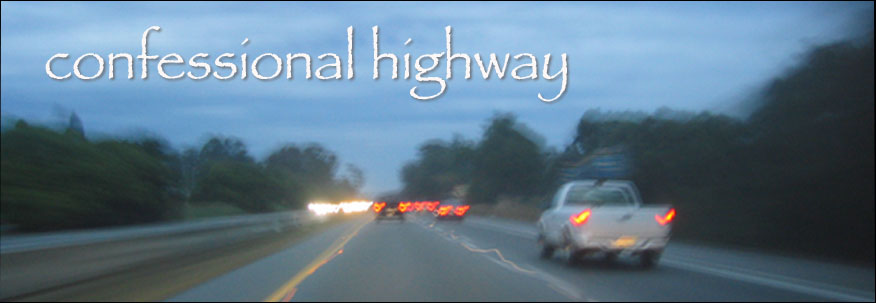I see why they say the next war will be fought for water.
Today isn’t a camping trip of planned dirtiness. It isn’t the carefully timed water shut off with twenty-four hours notice that our building requires. This is the mystery of, “Where the hell is our water?”
After a little investigation courtesy of the telephone – another relationship I count on without question – I discover that the fault doesn’t lie with a negligent property management company and an unpaid bill but rather a burst pipe at the end of my street that has left the entire block of homes dry.
And when the Department of Water and Power explains, “We’re on it and won’t leave until it is fixed” but they can’t say when that might be, I envision a life of not knowing where or when you can find clean water, a life of being unsure whether the liquid pooled in front of you offers relief or disease.
I have the luxury of walking to the kitchen and brushing my teeth courtesy of the three-gallon Sparkletts bottle perched on my counter. I can take that water, splash it on a wash cloth, add a little soap, and pass myself off as clean. I can do this until the delivery trucks stop driving or the money runs dry.
I know my water is coming back. I feel calm. There is nothing like loss to teach you gratitude.
When all is stable, when basic needs are met, the usual result is not contentment but an invitation to dissatisfaction. Wants see an opportunity to speak up, to demand recognition, to creep into your subconscious and plant themselves in a corner to prod and harass.
And I question, ‘What in my life is want and what in my life is need?’
In looking at need, we default to food and water. To shelter and sufficient clothing. We need sleep. And when we get to the end of that list and feel the urge to add more, we feel greedy as we envision the impoverished, the homeless, children dodging bombs, and all the other ills we can call up at will.
But are we wrong to list more, to include, let’s say, purpose as a need? Love? Community? In the hierarchy of survival, why does the physical trump the emotional? To keep the body alive without care for the heart and soul is a mighty compromise.
In a land of abundance, it seems as if we should be able to do both, but despite all my resources I’ve been struggling a lot lately, unsure of my place, unsure of my future, feeling isolated and without community. And this has shamed me. A lot. Left me feeling both ungrateful and undeserving.
But as I travel and read and listen and observe, I realize I'm not unique in my feelings. I realize how many crave love and community they can’t find.
In growing up in a neighborhood where children gathered in the streets eager to play, in attending college where dorms offered up constant playmates of a different variety, I never imagined life could be so isolating. I never knew understanding one’s place and purpose would be so challenging.
Emotional pain still carries a stigma in this society. We roll our eyes at those secure in their physical wellbeing if they moan about anything lacking in their lives. We admonish ourselves for wanting too much, for needing too much.
And maybe we should, but maybe we should also feel okay with admitting the challenges.
My hairdresser recently showed me a stone he keeps in his pocket. “A gratitude stone. I touch it and it reminds me to be grateful.”
In a land of abundance, sometimes we need reminders to prompt gratitude. I’d like to say that I will never again take water or love or friendship for granted, but I know that’s not the case. I am not unlike my hairdresser. He turns to a stone and I turn to a showerless morning to remind me of how much I have to be thankful for on an average day.
Tags:


